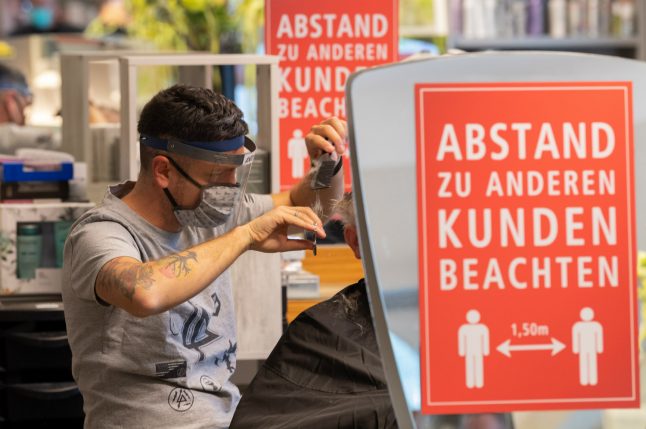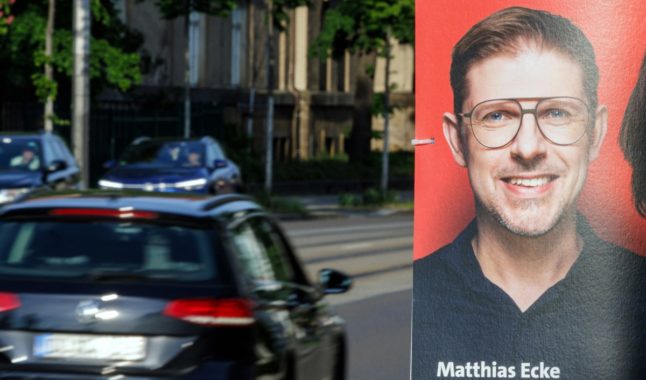The coronavirus crisis and its consequences are causing the majority of people in Germany to look to the future with both little hope and scepticism, according to a new survey.
The poll by the Allensbach Institute for Public Research published on Tuesday May 26th found only 22 percent of the population is hopeful about the coming year.
In contrast, 44 percent of those surveyed are worried about the next 12 months, while 27 percent expressed scepticism about the future.
Although the fear of contracting coronavirus has diminished in recent weeks, concern about the economic consequences of the crisis is rising.
In April, 44 percent of the population was afraid of getting Covid-19. However, this figure has now dropped to 31 percent.
Meanwhile, 70 percent of the population do not expect the economy to recover in the next 12 months, and 46 percent of some 1,000 respondents said they expected their own economic situation to deteriorate as a result of the pandemic. Only 12 percent said they expected serious losses.
READ ALSO: 'We thought we'd be closed for a month': How Berlin bars are surviving the coronavirus shutdown
Government aid considered helpful
The government support programmes for the economy are considered helpful by 57 percent of people. At the same time, however, the majority of respondents are convinced that most businesses are not being supported sufficiently.
Of those surveyed, one in five have had their hours cut by bosses through the Kurzarbeit scheme.
The majority of those surveyed are preparing themselves for the fact that the road back to normality will take a long time: 38 percent of them expect it to take several months while 51 percent believe it will take even longer.
 A floor sign urging distance at a train station. Photo: DPA
A floor sign urging distance at a train station. Photo: DPA
Government's crisis management gets thumbs up
A massive 74 percent of the respondents in the survey were satisfied with the federal government's crisis management, led by Chancellor Angela Merkel.
However, voters of the far-right Alternative for Germany (AfD) are, not surprisingly, the exception: 62 percent of AfD supporters said the government was not doing a good job.
AfD supporters more open to conspiracy theories
In order to find out how many people are susceptible to conspiracy theories related to Covid-19, the Allensbach Institute's opinion pollsters asked: “You sometimes hear that the measures taken against the corona crisis are about something quite different from what politicians and the media say. In your opinion, is there any truth to this, or is it unfounded suspicion?”
A majority – or 56 percent – of respondents believe these suspicions to be unfounded, while 17 percent are undecided.
READ ALSO:
- Germany concerned coronavirus protests may lead to radicalisation
- Stuttgart bans AfD anti-coronavirus lockdown protest due to violence fears
But 27 percent of those questioned think there is some truth to this statement. And this is where AfD supporters stand out: 76 percent of this group believes that political leaders are hiding something. In contrast, of the Social Democrat voters, only eight percent share this view.
Among the supporters of other parties represented in the Bundestag, the figures are between 20 and 29 percent.
Health system is strong
Across all party lines, Germans agree that the crisis has shown that the country’s health care system is much better equipped than other countries despite staff shortages and bottlenecks in protective equipment.
However, respondents to the survey see major problems in other areas – such as schools/education and digitalization across Germany.



 Please whitelist us to continue reading.
Please whitelist us to continue reading.
Member comments